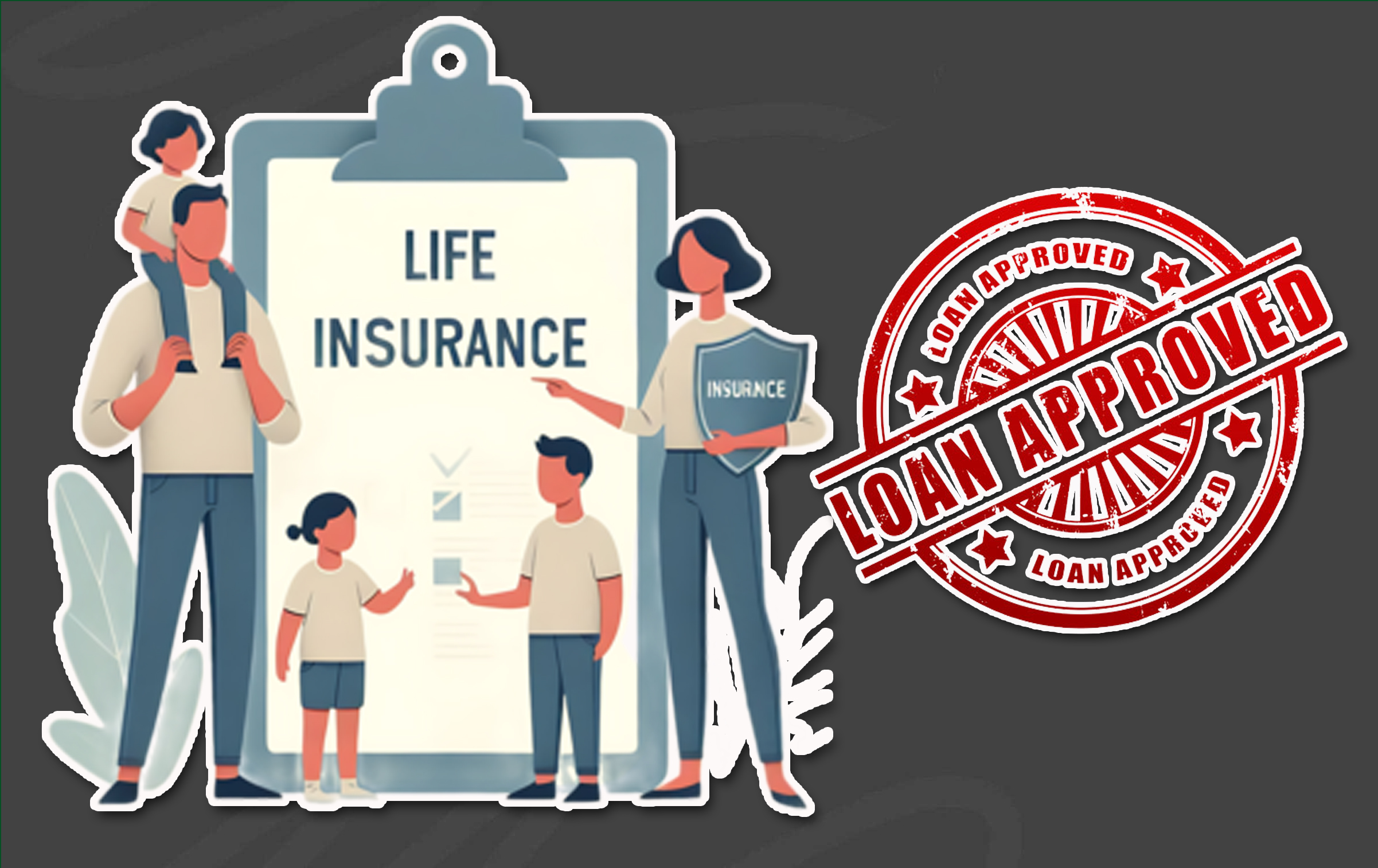
What are life insurance policy loans? Life insurance policies are primarily designed to provide financial security for loved ones in the event of the policyholder’s passing.

However, other types of life insurance, such as whole life or universal life insurance, come with additional benefits, including the ability to borrow against the policy’s cash value.
This feature is known as a life insurance policy loan, and it offers a convenient and low-interest way to access funds during financial emergencies.
Unlike traditional loans, borrowing from a life insurance policy does not require credit checks or going through long approval processes. Additionally, the cash value of the policy serves as collateral, making it easier and faster to obtain funds.
How Does A Life Insurance Policy Loan Work?
Life insurance policy loans are simple financial tools that leverage the cash value of a permanent life insurance policy. Before you take out such a loan, it is important to understand the process and conditions involved.
Mechanics Of Policy Loans
Accumulation Of Cash Value
Permanent life insurance policies accumulate cash value over time as a portion of your premium payments is invested . What’s more, this cash value grows tax-deferred, which provides a resource that can be borrowed against once it reaches a certain threshold.
Impact On Policy
Failing to repay the loan or accrued interest can lead to policy lapse if the outstanding amount exceeds the cash value.
Loan Application
Policyholders can contact their insurance provider to request a loan against their policy. The amount available for borrowing depends mainly on the policy’s cash value.
Repayment Terms
Unlike traditional loans, there is no fixed repayment schedule for a policy loan.
Understanding how policy loans work helps ensure you can manage the borrowing process without jeopardizing the long-term benefits of your life insurance.
Advantages Of Life Insurance Policy Loans
Many benefits come with borrowing against a life insurance policy which makes it an attractive financial option. These advantages cater to individuals seeking flexibility and ease in accessing funds. Some of the key benefits include:
- No Credit Check or Approval Process: Policy loans are based solely on your policy’s cash value. Luckily, this eliminates the need for credit checks or lengthy approval times.
- Low Interest Rates: Interest rates on policy loans are typically lower than those of personal loans or credit cards. Also, the rates are determined by the insurance company and remain competitive.
- Tax Advantages: Policy loans are generally not considered taxable income unless the policy lapses or is surrendered.
- Convenient Access to Funds: Borrowing against your policy’s cash value is easier and quicker than with other loan types.
- Flexible Repayment Terms: There are no fixed repayment schedules, which gives policyholders the freedom to repay at their own pace.
All these benefits of low cost, flexibility, and ease of access makes life insurance policy loans a valuable option in times of financial need.
Risks Associated With Life Insurance Policy Loans
While policy loans have numerous advantages, they also come with risks and considerations that policyholders should evaluate before borrowing. These potential downsides highlight how one deals with management. The key risks involved include:
- Reduction of Death Benefit: Any unpaid loan balance, including accrued interest, will reduce the death benefit paid to beneficiaries.
- Accrued Interest: The interest on the loan continues to accrue, which increases the overall amount owed if not repaid promptly.
- Policy Lapse: If the loan balance and interest exceed the policy’s cash value, the policy may lapse, resulting in loss of coverage and possible tax liabilities.
- Long-Term Impact: Borrowing against your policy can reduce its cash value growth. In the long run, this potentially affects future borrowing options or policy benefits.
- Potential Tax Consequences: If the policy lapses or is surrendered with an outstanding loan, the IRS may consider the loan amount as taxable income.
Being aware of these risks ensures that you can make informed decisions and mitigate potential downsides when considering a policy loan.
Alternatives To Policy Loans
In some cases, exploring alternatives to policy loans may be more beneficial. Policy loans may have many benefits, but it is best to consider other options as well. Some of the common alternatives to policy loans includes:
Personal Loans
Personal loans from banks or credit unions may provide competitive interest rates and fixed repayment terms.
Home Equity Loans
For homeowners, a home equity loan or line of credit can offer substantial borrowing potential with favorable rates.
Family Or Friends
Another way to get money at a low cost or with free interest is by borrowing from trusted individuals. Still, this option requires careful consideration of personal relationships.
Borrowing From Retirement Accounts
Some retirement plans, such as 401(k)s, allow loans against your account balance. However, penalties and tax implications may apply.
Selling Investments
Liquidating stocks or other investments may provide the necessary funds without impacting your life insurance policy.
Exploring these alternatives can help you determine whether a policy loan is the best solution for your financial situation.
Frequently Asked Questions
What Types Of Life Insurance Policies Allow For Loans?
Loans are typically available on permanent life insurance policies, like whole life and universal life insurance that accumulate cash value. However, term life insurance does not offer this feature.
How Much Can I Borrow From My Life Insurance Policy?
The amount you can borrow depends on the cash value of your policy. Insurers generally allow you to borrow up to 90% of the available cash value.
Do I Have To Repay A Life Insurance Policy Loan?
It is not mandatory to repay the money back, but unpaid loans and accrued interest will reduce the death benefit and could cause the policy to lapse if the loan exceeds the cash value.